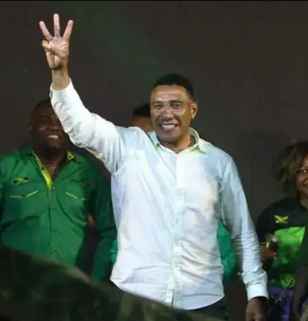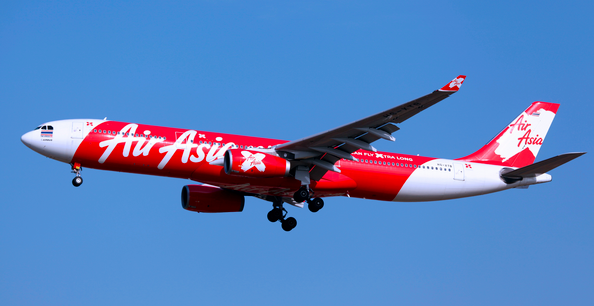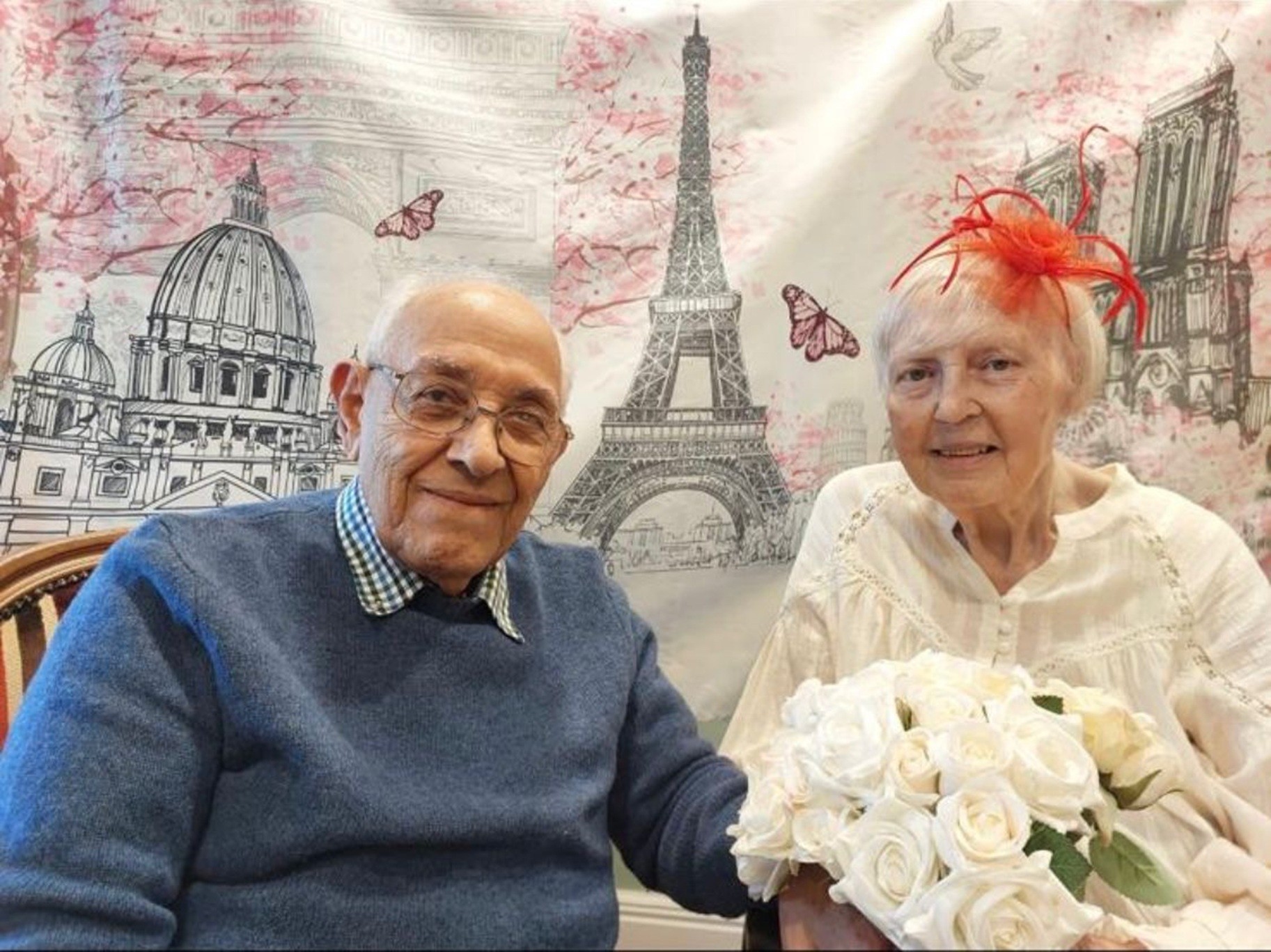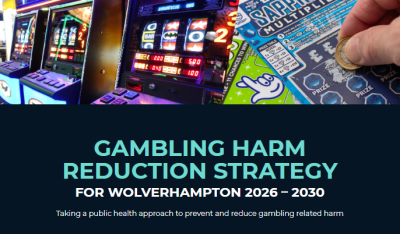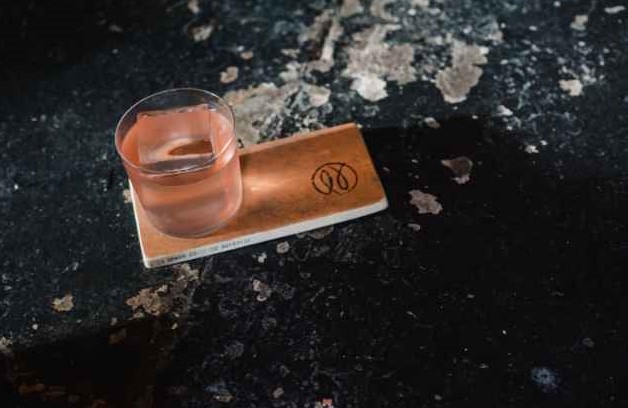Following preliminary results, Jamaica Prime Minister, Andrew Holness has secured a record third term in office.
The results that were released showed that Holness’ Jamaica Labour Party’s main challenger, the People’s National Party, secured 29 of the 63 seats in parliament which saw the opposition party’s leader Mark Golding concede defeat in an election which was dominated by concerns over inequity and the economy, and marred by allegations of corruption and low voter turnout.
In a post on X, the Prime Minister announced that his historic third term was not just a win for his party but the people. Conceding in a brief speech, Golding said he was disappointed in the outcome but acknowledged his opponent’s success.
Despite a vibrant democratic tradition, recent years have seen a decline in poll participation in Jamaica. The turnout for the polls was just 38.8 percent, which was only slightly higher than the turnout for the 2020 elections, which took place during the pandemic.
More than two million registered voters were eligible to cast their ballots on the island of 2.8 million people. As the country’s prime minister, Holness is mandated to appoint 13 of the 21 senators to Jamaica’s upper chamber of parliament. The opposition will choose the remainder.
The Jamaica Labour Party campaigned on this success, positioning itself as the government that pulled the island back from the brink of widespread violence. It also emphasised fiscal responsibility, low unemployment, and the importance of continuity as it urged voters not to risk reversing progress.
Opposition leader Mark Golding conceded the election in a brief speech, saying he was disappointed in the outcome as he acknowledged the success of his opponent. His PNP (People’s National Party) had adopted a sharper, more critical tone before the election, arguing that while progress has been made, many Jamaicans still feel the pinch of socioeconomic challenges, including poverty, inadequate infrastructure and lingering pockets of crime and corruption.
“There are a lot of frustrated people tired of the conditions in which they live,” Golding told reporters as he voted. The party aimed to channel public discontent into a mandate for change, promising reforms, renewed social investments and a break from what it calls “complacency” in governance.
Holness, meanwhile, pledged that his party would double the minimum wage of $100 per 40-hour work week. The opposition had campaigned by proposing policies to address socioeconomic woes, including raising the income tax threshold to $21,800 from the current $11,200, allowing more working-class Jamaicans to take home more money as a cushion against rising prices.
The Jamaica Progressive Party, the United Independents’ Congress and nine independent candidates were also seeking a seat in various constituencies in the country.



